Pivoting With Purpose
How Entrepreneurs Can Adapt, Evolve, and Succeed in New Markets

Highlights
- Read time: 5 minutes
- Real Stories of Bold Pivots – Insights from entrepreneurs who successfully navigated major business transitions
- Lessons on Adaptability – Practical strategies for overcoming challenges when starting over in a new market
- Pivoting is Not Failure – Tools for embracing entrepreneurial change
What happens when the business you've built no longer aligns with your purpose, or when life uproots you to an entirely new market?
For AWEC alumnae Saudat Salami and Freda Muyambo, the answer was not to cling to the familiar but to embrace change. Saudat, a pioneer in Nigeria’s e-commerce sector, walked away from her successful grocery business after two decades. She went on to pursue her passion for empowering women entrepreneurs in the non-profit space. Freda has built businesses across multiple countries. Each relocation has birthed a new business opportunity.
Navigating Entrepreneurship Across Borders
A Journey of Autonomy And Innovation
Starting a business in a new environment is both a challenge and an opportunity. The drive to build something from the ground up, in unfamiliar places, comes from a mix of curiosity and a deep need for autonomy.
For Freda, an electrical engineer, entrepreneurship has always been about more than just making money. It’s about freedom, adaptability, and impact. She has built businesses in multiple countries, from a bakery in Nigeria to a fashion brand in Kenya, and now, an energy business in Zimbabwe.
But moving to Zimbabwe forced her into eight months of deep soul-searching. "I had started businesses that I loved, but I wanted to build something beyond myself," she reflects. Entrepreneurship became her way of taking control, especially in places without guaranteed employment. "Instead of waiting for someone to validate my CV, I took matters into my own hands." For women, especially in Africa, financial independence is power.
“A woman must always have her own money.”
Freda founded Hulu Consulting to drive energy projects, ensuring women give birth in well-lit hospitals. Starting afresh in a new country came with challenges. “I had no career history in Zimbabwe. No network. No one knew me”.
Luckily, AWEC's mentor, Tunu Kinabo, connected her to the right person in the energy space in Zimbabwe. She visited agencies, met with investment bodies, and kept showing up. “Some days I feel lost, but I keep pushing forward.” Her persistence paid off when a longtime friend and a group of investment partners brought her into a collaborative effort to develop a 100MW solar farm project in Zimbabwe.



From E-Commerce Pioneer to Empowerment Advocate
For over two decades, Saudat Salami, Founder and CEO of Easyshop Easycook, was at the forefront of Nigeria’s grocery e-commerce industry. Before shutting down, the company had become a leading multi-platform fresh grocery delivery service. However, navigating infrastructure challenges, policy gaps, and the complexities of being a pioneer led to its closure. In August 2023, Saudat made the bold decision to shift her focus toward her deeper passion for empowering women and youth.
This shift led to the Saudat Salami Foundation, dedicated to transforming hobbyist entrepreneurs into thriving business owners through mentorship and strategic support. Driven by a commitment to women's empowerment, financial inclusion, and job creation in Africa, she has launched impactful initiatives.
Through Growing Your Own Food Business (GYOFB) and Personal Home Shopping Business (PHSB), she has trained and mentored women to build tech-enabled food businesses while providing domestic support services for working professionals.
Navigating Nonprofit Sustainability
Transitioning from a business to a nonprofit was a major shift for Saudat. While she had self-funded many initiatives, running an NGO meant relying on grants, donations, and CSR partnerships.
She quickly realized that securing nonprofit funding was different from attracting business investors.
“Unlike traditional business funding, where investors expect financial returns, donors and grant providers prioritize impact and long-term sustainability.”
This required her to master the art of grant writing, a skill she continues to refine as different funding organizations have unique requirements and expectations.

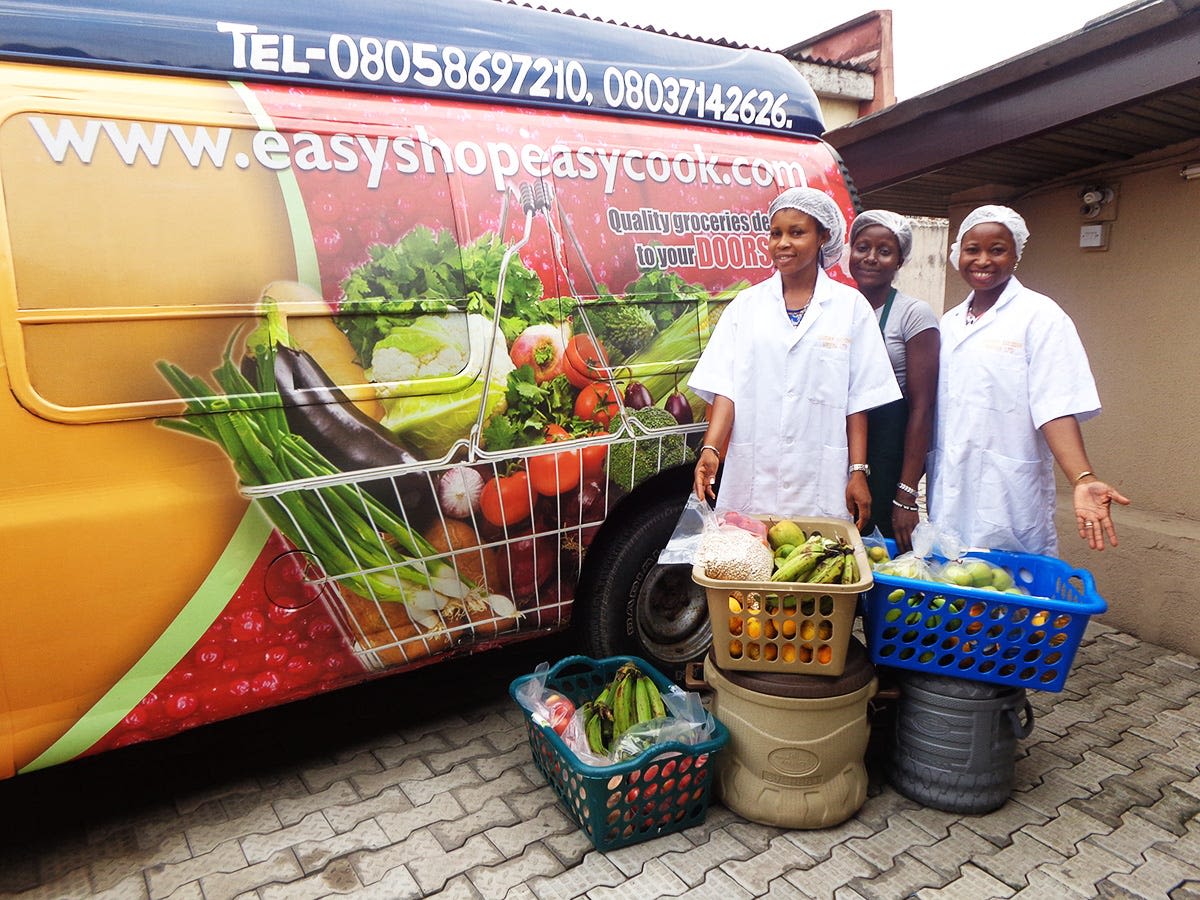
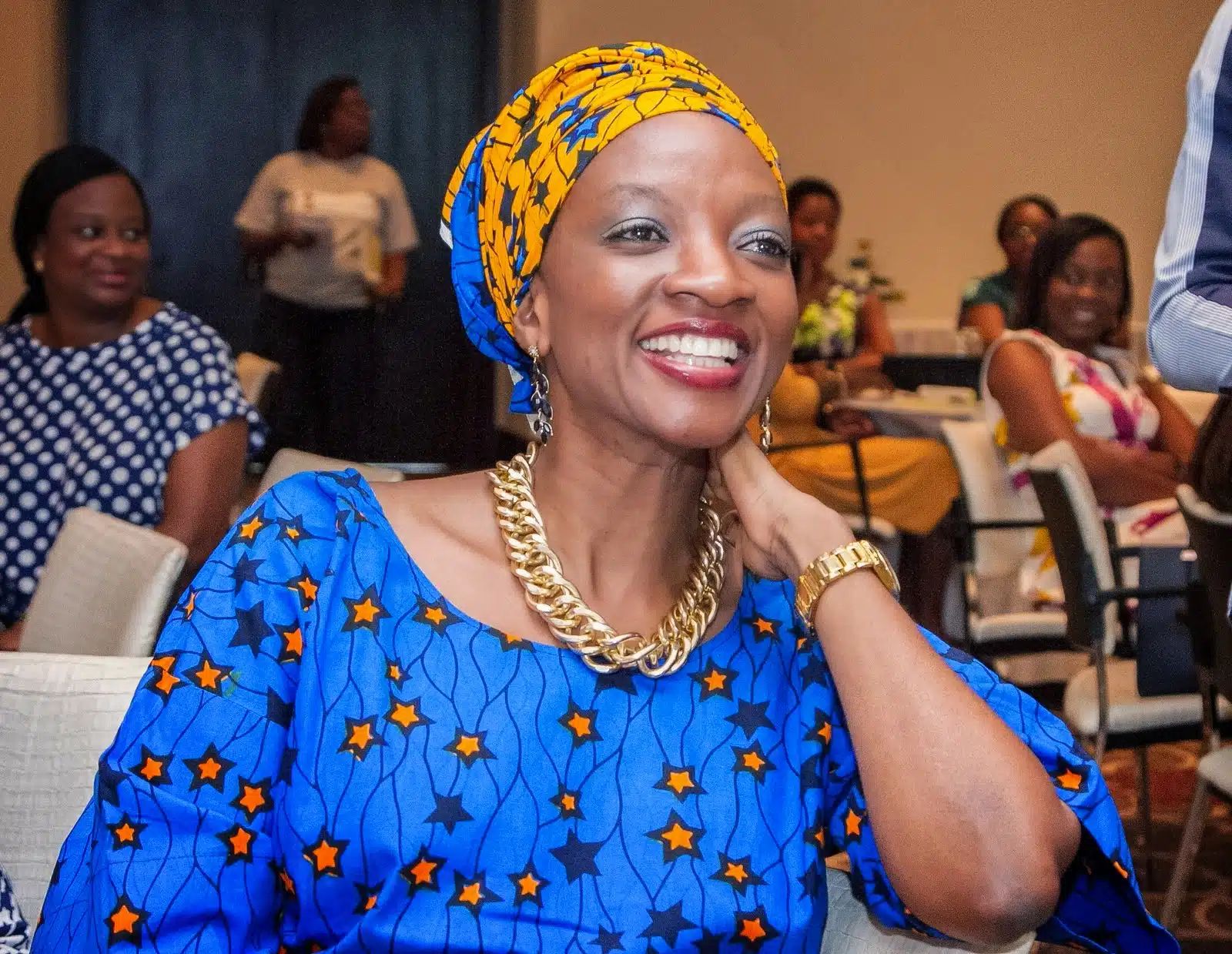
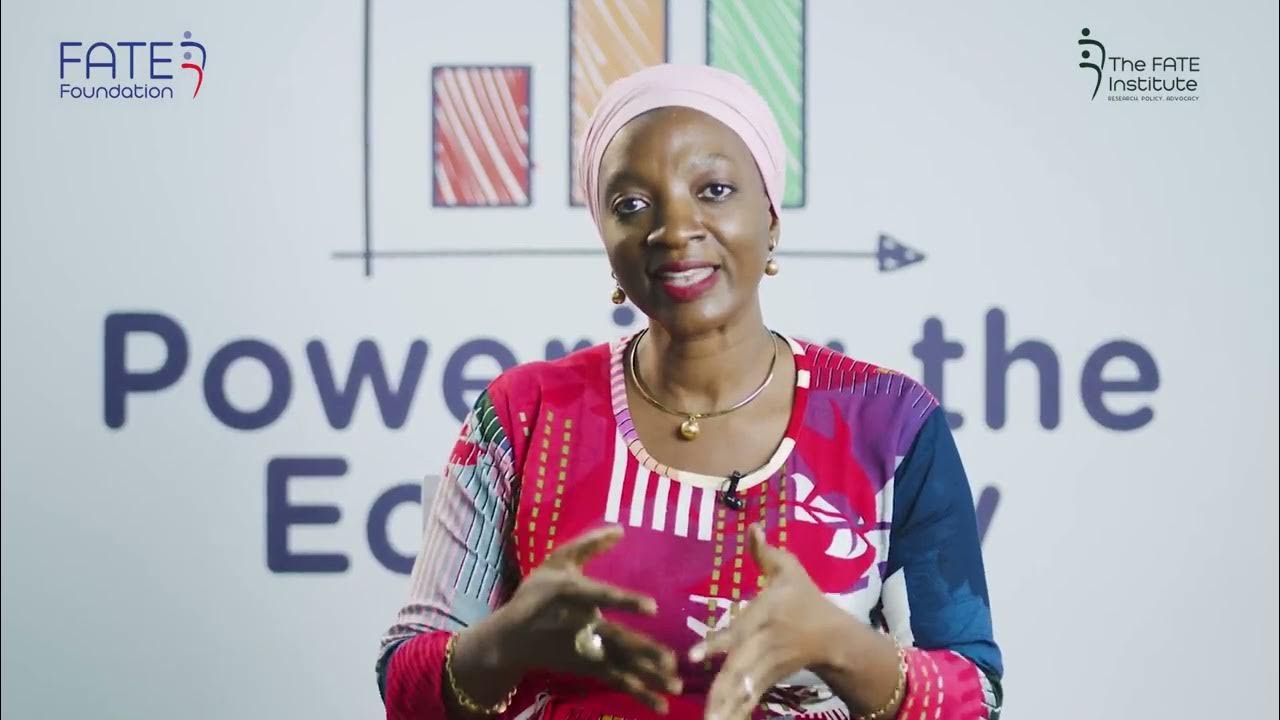
Entrepreneurship as an Equalizer: Building Security and Freedom Anywhere
Transitioning into new environments brings layers of challenges. As Freda reflects, “Settling your family in a new country and then figuring out your own identity both personally and professionally is overwhelming.” But no matter the circumstances, entrepreneurship remains a powerful equalizer.
Many times, people underestimate small businesses. Comments like ‘Why are you selling cakes when you’re so educated?’ are common. But those same people eventually come back to borrow your money. Entrepreneurship doesn’t come with labels.
"When money comes onto the table, it’s not labeled as ‘engineering money’ or ‘cake money’. It’s just money.” - Freda
Women, especially mothers, face high stakes. The ability to generate an income, even from a small idea, creates security and freedom. It might start with just $6 USD, but that small investment can grow into something sustainable. "The stakes are so high for women. Get out there and don’t live at the mercy of anyone."
The key is to recognize that whatever you create, no matter how simple, is valuable. "Somebody needs what you’re selling, somebody wants it, and somebody will pay for it." For women preparing to pivot, her advice is simple: "You won’t know until you give it a go. Start, learn, and improve along the way."

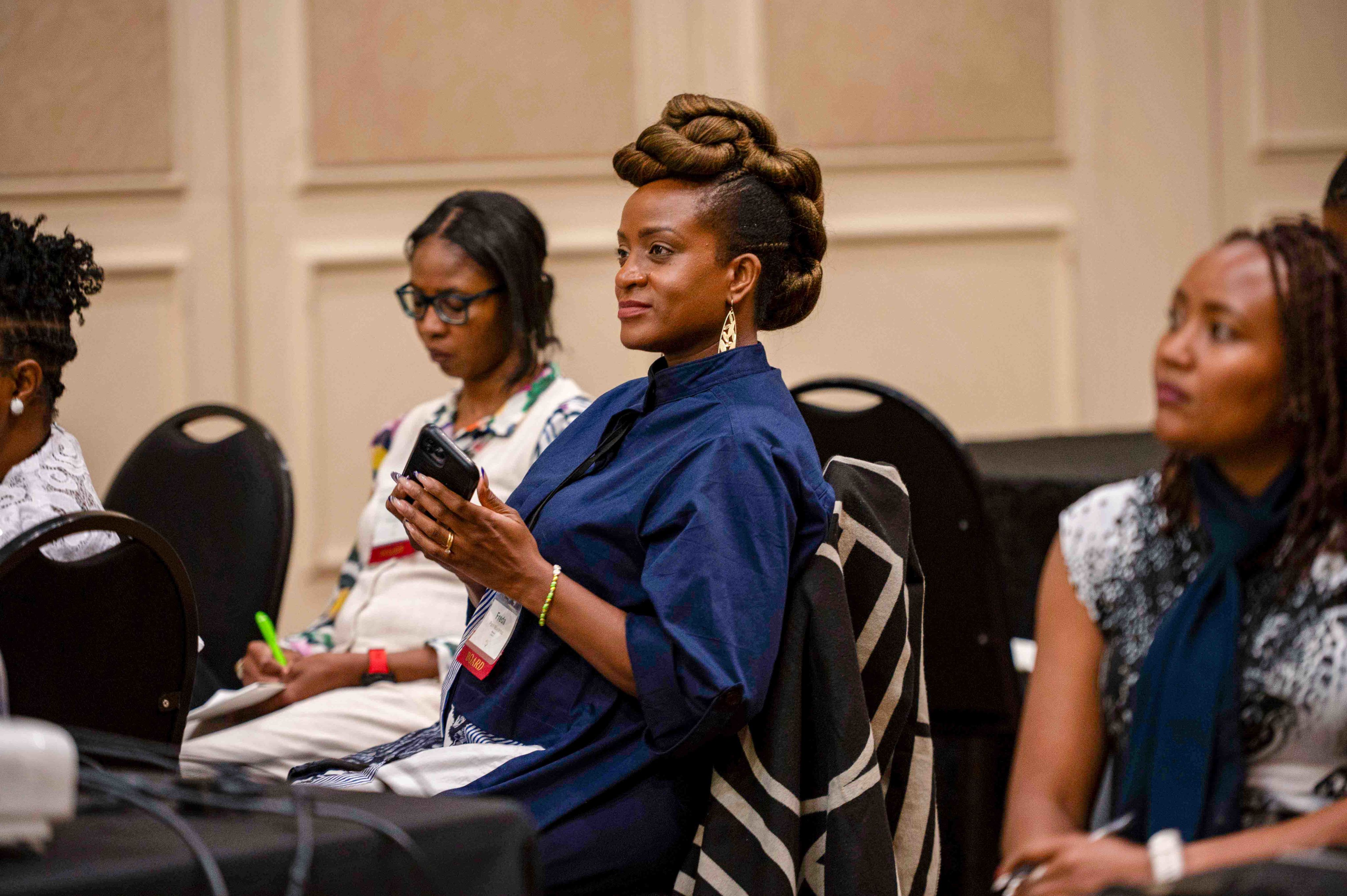
"When money comes onto the table, it’s not labeled as ‘engineering money’ or ‘cake money’. It’s just money." - Freda
Words of Advice from Saudat & Freda

Saudat’s Advice for Entrepreneurs Pivoting
Overcoming Pivoting Challenges as a Woman Entrepreneur - Saudat

Freda’s Advice for Entrepreneurs on the Move
If you find yourself relocating frequently, don’t wait for stability to start something. Begin where you are with what you have. Here’s how you can navigate the transition:
- Observe and Adapt – Every new place has unique needs. Pay attention to what people are looking for and find ways to provide value.
- Start Small but Start Now – Even with minimal capital, test out an idea. The key is to get started and refine as you go.
- Use Your Skills Creatively – Entrepreneurship isn’t just about having capital; it’s about using your skills to create solutions.
- Be Resilient – People will question your choices, but what matters is that you build something sustainable.
- Remember, Your Money is Yours – Financial independence gives you control over your life.
Lessons From Doing Business Across Africa
Having lived and worked in multiple African countries, Freda notes how the diversity in business cultures is striking. Each country in Africa has its unique way of doing business.
- Nigeria: The entrepreneurial spirit in Lagos is unmatched. Nigerians dream big. They don’t wait for permission.
- Kenya: Often referred to as the Silicon Valley of Africa, Kenya has a vibrant tech-driven business culture. The innovation and adaptability in the market create opportunities for forward-thinking entrepreneurs.
- Zimbabwe: There is resilience in Zimbabwean entrepreneurs. The economic challenges have forced people to be incredibly resourceful, creating businesses that survive against all odds.
For entrepreneurs seeking to pivot their business operations into new territories, study the differences across language, culture, business patterns, and practices. Familiarize yourself with them to avoid embarrassing, insensitive, or even costly slip-ups.
“Business isn’t about where you are, it’s about what you create. Whether you’re selling cakes, consulting, or running a tech startup, entrepreneurship is about making things happen, no matter where life takes you.”
"Your network is your safety net. Surround yourself with mentors and peers who’ve successfully navigated change." - Saudat
How AWEC Supports Women Entrepreneurs to Pivot
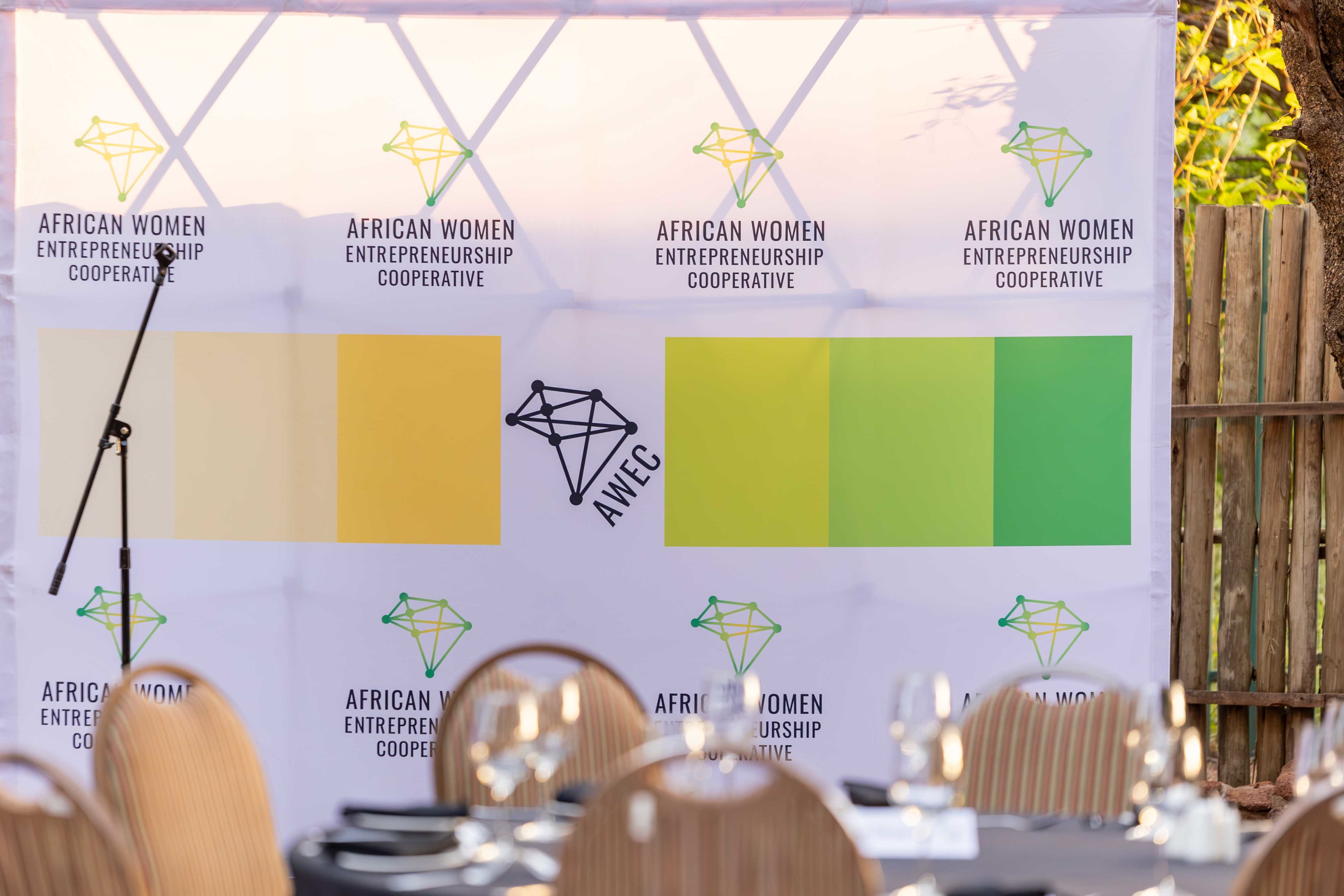
Freda credits AWEC for key business lessons, especially financial modeling and market research. "I use the AWEC financial model in every business I start."
Saudat is grateful for the network of strong, high-achieving women and how they step up for each other. When she decided to shut down her business, her AWEC sisters rallied around her. “Within a week, they threw me a surprise party at a beautiful restaurant.”
Beyond emotional support, AWEC fostered business collaborations, accountability, and lifelong friendships. “Our children are friends now.”


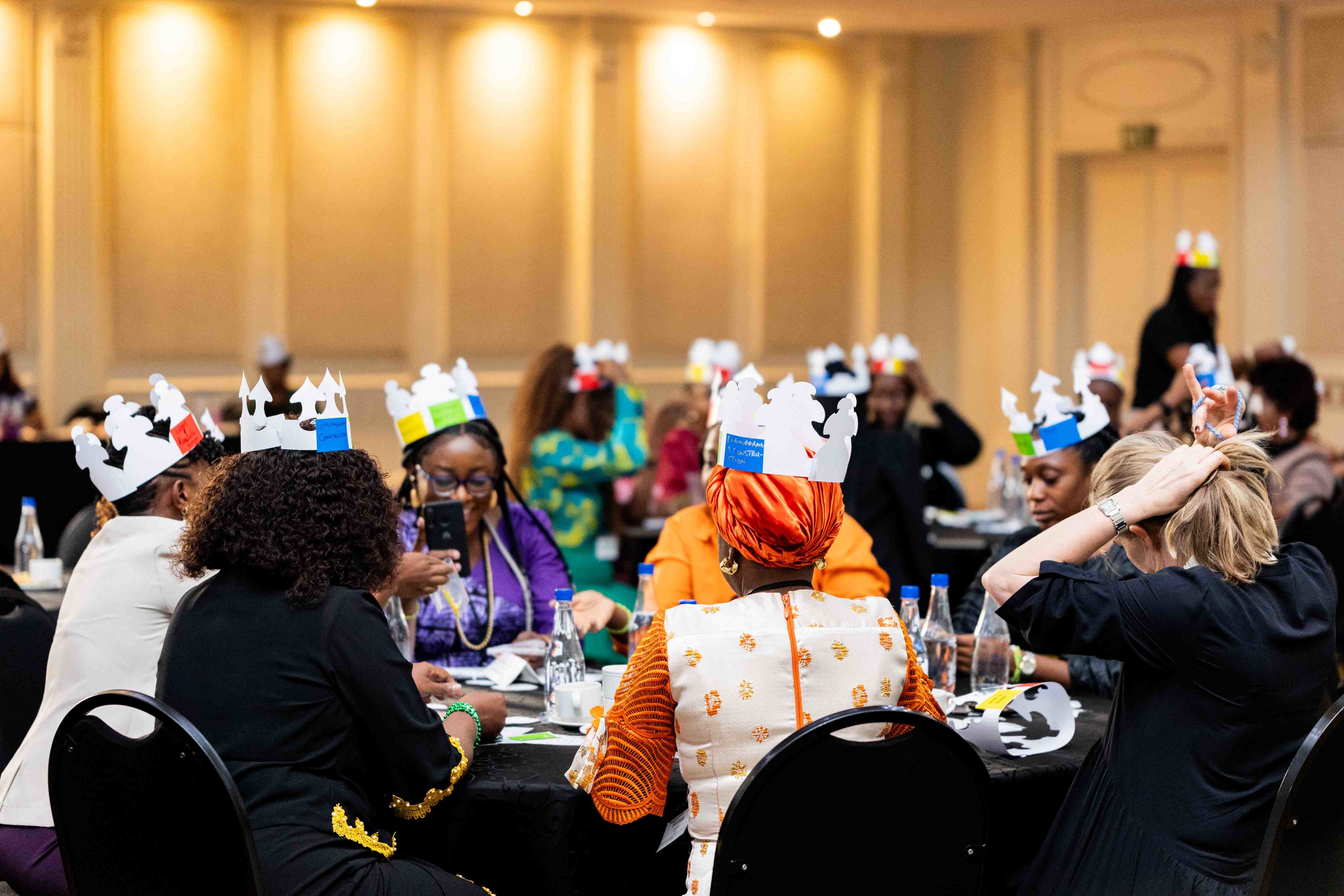
Saudat and Fredas' stories remind us that reinvention is not failure, but evolution. Whether it’s closing a long-built business or starting from scratch in a new environment, pivoting requires resilience, self-belief, and the willingness to embrace the unknown.
Their journeys prove that the ability to adapt is one of the greatest strengths an entrepreneur can have. For women navigating career shifts or business transitions, the lesson is clear: trust the process, lean into change, and use every challenge as a stepping stone to something even greater.



